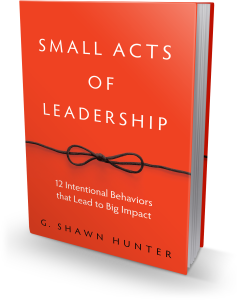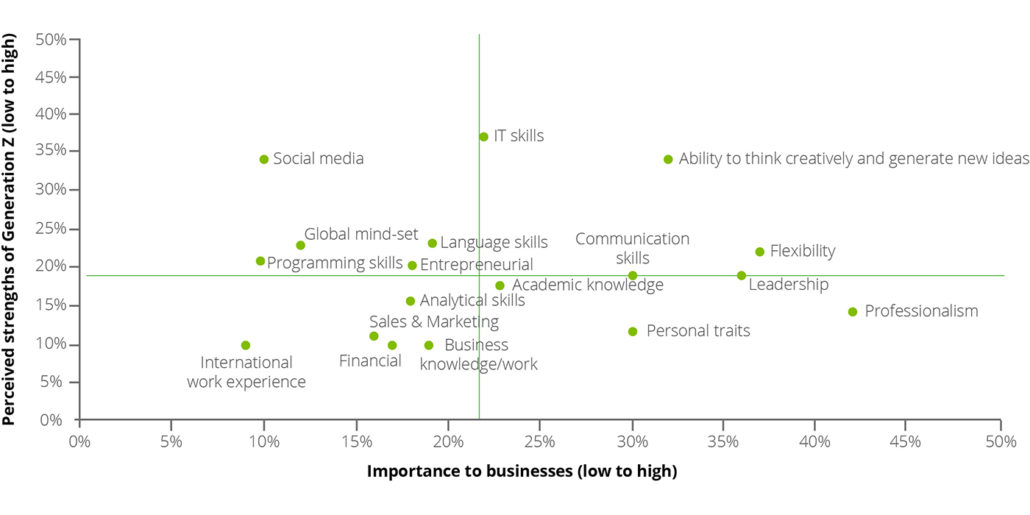Act Your Way Into a New Way of Thinking
“It’s easier to act your way into a new way of thinking, than to think your way into a new way of acting.”
– Jerry Sternin
How do we help someone learn something new, or attempt something difficult? Instead of adjusting rewards and incentives, or scaring people with negative punishments, try changing the environment.
Disney’s Animal Kingdom has an attraction called Kilimanjaro Safaris. It’s one of their premier attractions, just behind Expedition Everest in terms of tourist volume. And if you take the eighteen minute safari you will be awed by the sight of Black Rhino, Cheetah, Elephant, Flamingo, Gazelle, Giraffe, Hippo, Lion, or Wildebeest.
As you admire the lions sitting nobly on a grand rock for the tourists as they pass by, you might think it all looks a bit staged, a bit orchestrated, just a wee bit too convenient to have a noble lion poised on a rock just as you roll by in your propane fueled jeep. Because it is.
The engineers at Disney have created climate-controlled rocks, so in the hot summer months when a big lion might prefer to hide in the shade, they are instead enticed to nap on the artificially cool rock. Or in the chilly winter relax on the artificially warmed rock. All for the pleasure of the tourists.
You can’t often make a lion do things she doesn’t want to do, just as you can’t coerce performance from the people around you. Sometimes it’s best to instead create the environment and the circumstance for people to learn new things.
We all want to possess those traits of honesty, respect, humility, perseverance, gratitude, self-discipline, and willpower. We want our kids to have these traits. We want our colleagues to behave like this. But these are not behaviors we can learn just by being told or reminded. We have to live them. We have to experience them.
To understand perseverance, we have to actually persevere through something difficult. To understand gratitude, we have to discover what it means to be sincerely grateful. To possess problem-solving skills, we have to first solve some real problems.
This summer two other fathers and I took our teenage kids and bicycled from Seattle to Portland, Maine. The seven of us pedaled over the Cascade mountains and into Yakima valley, over the Idaho Bitterroots, through Paradise Valley Montana and into Yellowstone, onward to the Bighorn Plateau of Wyoming, Thunder Basin, Devil’s Tower and across the plains of South Dakota and the Cheyenne reservation, across Lake Michigan (on a ferry), into Canada over Lake Ontario, down through the northern kingdom of Vermont and into Maine.
It was adventurous, beautiful, painful, and joyous. And it required that we collaborate, persevere, and solve problems on a daily, even hourly basis.
Our brains like complexity and challenge. We stay more alert in changing environments as we try to understand and assimilate new contexts and new circumstances. When we want innovative outcomes, or new habits for ourselves or for those around us, instead of changing motivational influences, try changing the physical environment.
To accelerate Innovation on your team, see Out•Innovate the Competition by Stephen Shapiro. Message me and I’ll send access to preview the course. It’s awesome.
- ____________________________________________________

Twitter: @gshunter
Say hello: email@gshunter.com
Web: www.shawnhunter.com


 Shawn Hunter is President and Founder of
Shawn Hunter is President and Founder of  Shawn Hunter is President and Founder of
Shawn Hunter is President and Founder of 
 Shawn Hunter is President and Founder of
Shawn Hunter is President and Founder of 
 Shawn Hunter is President and Founder of
Shawn Hunter is President and Founder of  Shawn Hunter is President and Founder of
Shawn Hunter is President and Founder of